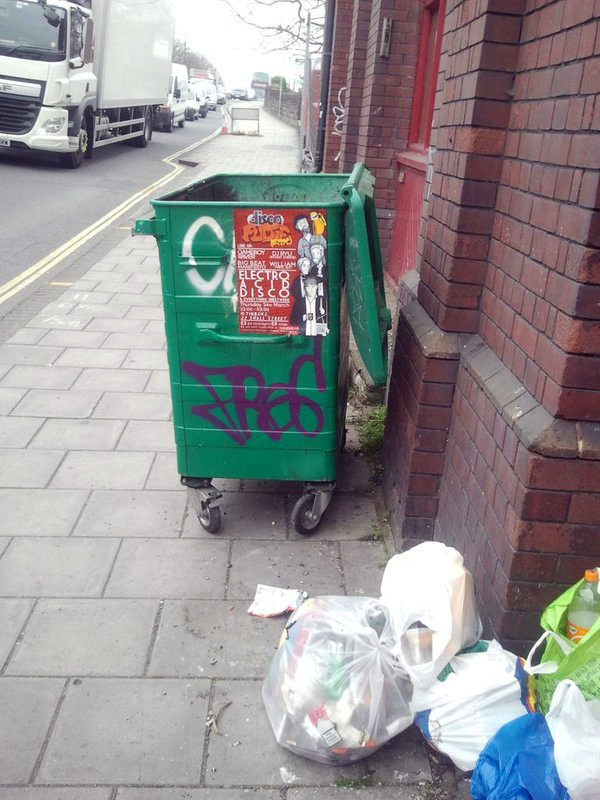Happy Document Freedom Day
Today, 30th March, is Document Freedom Day, an annual celebration of the benefits of using open standards and open formats for the production and exchange of documents.

Open standards are essential for interoperability and freedom of choice based on the merits of different software applications. They provide freedom from data lock-in and the associated vendor lock-in. This makes open standards essential for governments, the public sector, companies, organisations and individual users of information technology.
What is an open standard?
An open standard is defined as a format or protocol that is:
- Subject to full public assessment and use without constraints in a manner equally available to all parties;
- Without any components or extensions that have dependencies on formats or protocols that do not meet the definition of an Open Standard themselves;
- Free from legal or technical clauses that limit its utilisation by any party or in any business model;
- Managed and further developed independently of any single supplier in a process open to the equal participation of competitors and third parties;
- Available in multiple complete implementations by competing suppliers or as a complete implementation equally available to all parties.
Examples of open formats include Open Document Format (ODF) and plain text (.txt).
Examples of open protocols include the Transmission Control Protocol (TCP) and Internet Protocol (IP), which together as TCP/IP help determine how the internet works.
What do open standards mean for you?
Open standards ensure that you can:
- Collaborate and communicate with others, regardless of which software they are using;
- Upgrade or replace your applications and still be able to open and edit your old files;
- Choose which device – (smartphone, tablet, computer) you want to use without worrying about compatibility;
What do open standards mean for society?
Open standards ensure that society has:
- More competitive software and technology products;
- More efficient government systems and services;
- More accessible high-end software for innovation and experimentation.






